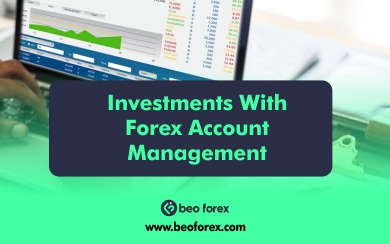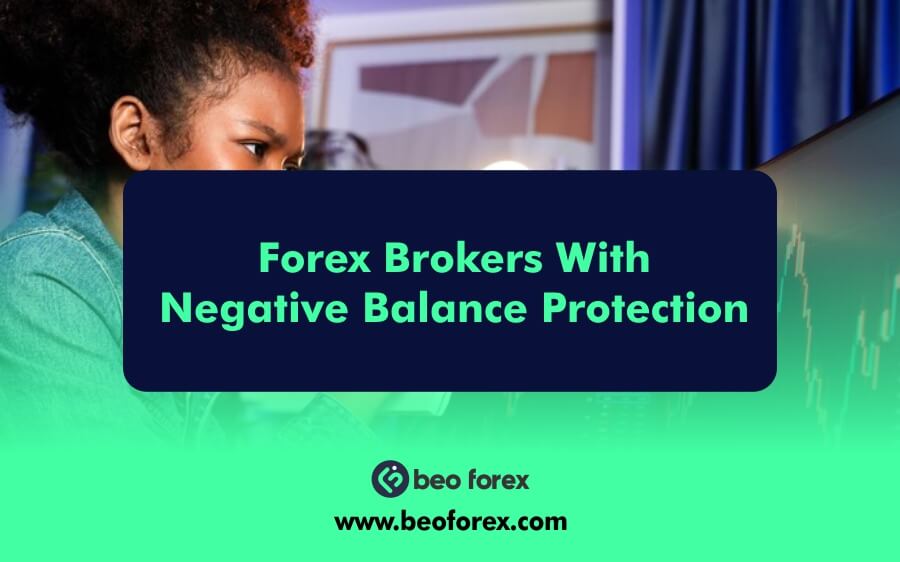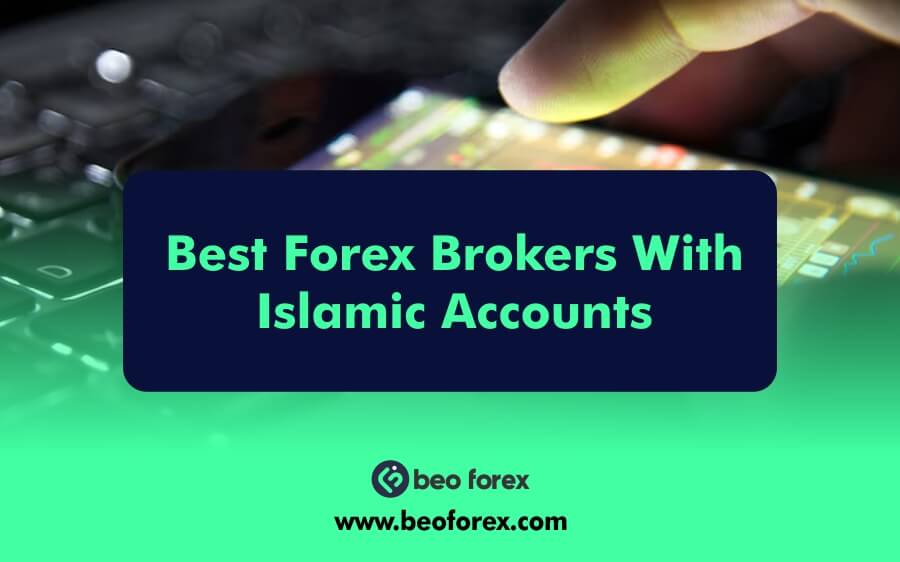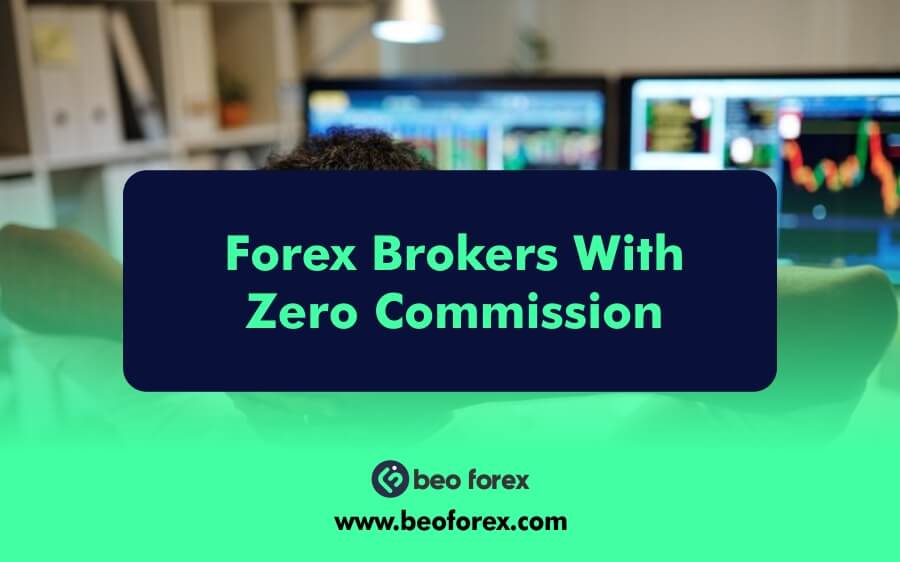How to Safeguard Your Investments with Forex Account Management is of paramount importance to any investor desiring success in the brisk world of currency trading. While forex trading can be exciting and very profitable, it also involves some risks that could chew into your hard-earned money within a short period. It is at this point that account management comes in: the use of professional services helps you protect your investments and make wiser decisions on trading.
In this article, we’ll show you how to safeguard your investments with forex account management and how it might get you through ups and downs in the market while maximizing your potential returns. Whether you’re a complete beginner or an experienced trader, getting a grasp on these strategies will make all the difference in your trading success.
Understanding Forex Account Management
Forex account management involves the professional trader or an account manager who assumes complete responsibility for trading decisions and operations in the forex trading account of a client. This would help those people who want to involve themselves in forex trading but, due to lack of time, knowledge, or expertise, cannot do so. Forex account management is a kind of service whereby professional traders, now referred to as account managers, manage a forex trading account on behalf of a client. These professionals thereby engage in using their expertise to trade currencies for the benefit of the client. Let’s delve into the various strategies on how you can safeguard your investments with forex account management.
Risks in Forex Trading
Following are some of the important risks in forex trading that investors must be aware of:
Market Volatility
The Forex market is highly volatile because the market prices fluctuate constantly as a response to economic news and geopolitical events, and even due to the sentiment of the market itself. There is a fair possibility that such volatility may give huge profits but also equally huge losses.
Leverage Risks
The use of Forex trading has a tendency to heavily lean toward the application of leverage, which allows traders to hold larger positions while requiring less capital to invest. While leverage increases your potential gains, it can also increase your potential losses, sometimes well beyond the initial amount you invested.
Liquidity Risk
While it is among the most liquid markets in the world, the forex market contains a variable degree of liquidity. During major news events or market disruptions, liquidity dries up, leading to slippage, something very different from executing at the exact prices anticipated.
Counterparty Risk
This is the risk of failure in obligations by brokers or financial institutions. It can be said that, on the insolvency of a broker, the trader may lose his money. It can be minimized by choosing a good reputed and regulated broker.
Economic and Political Risks
Changes in economic indicators, such as interest rates, inflation, employment, and political events like elections or geopolitical tensions, strongly influence the course of currency. Traders should be aware of what is happening around the world.
Psychological Risks
Trading is generally emotionally stressful: fear and greed could lead to impulsive decisions resulting in overtrading or holding on to losing positions too long. A well-disciplined trader has to have a very clear trading plan if he wants to overcome such psychological risks.
Technical Risks
The trading platforms may also have technical failure in the forms of system crashes or loss of connectivity. These failures can result in missing trading opportunities or being unable to exit losing positions. The best way to deal with this is through backup services and a very dependable trading platform.
Regulatory Risks
Forex trading regulations may be different from state to state or country to country. Changes in such regulations can have a potential impact on trading practices, fees, and sometimes even the availability of a service. Traders should be fully aware of the regulatory environment in which they are dealing.
Inexperience and Lack of Knowledge
This is also because traders who are just starting to work their way into forex trading may make wrong estimations with regard to complexity. Not being aware of the various means of trading, ways of managing risk, and methods of market analysis, they start making the wrong decisions and tend to incur heavy losses.
Investments with Forex Account Management: How It Safeguard It
Forex account management deploys the required protection for investors through professional expertise coupled with effective strategies. Here are the key ways it safeguards investments:
Professional Expertise
The account managers come with vast experience in the market, which enables them to make prudent trade decisions based on informed analysis of market trends and economic indicators.
Robust Risk Management
Efficient account management deploys practices such as diversification, stop-loss orders, and position sizing to limit risks and protect against precipitous losses.
Emotional Discipline
A professional manager keeps feelings tightly under control, adheres to preliminarily defined trading plans, and consequently minimizes the chances of reckless decisions based on fear or greed.
Ongoing Monitoring
Account managers are continuously involved in monitoring the market and accounts through periodic updates and reports, which keep investors well informed about their investments.
Scalability
An experienced manager will be able to take advantage of the prevailing market conditions quickly and, if necessary, change strategies so that the trades can be executed efficiently to protect investments.
Customized Strategies
Most of the time, managers tailor the trading strategy to suit each investor’s objectives and tolerance for risk, thus managing investments according to the individual preference of the investors.
Access to Sophisticated Tools
Professional services also utilize advanced tools and technologies concerning trading that enhance their decision-making and execution capabilities.
Regulatory Compliance
Good managers are under some regulatory authorities that assure their observance of the norms in this industry besides adding an additional layer of security for investors.
Choosing the Right Forex Account Management Service
Choosing the right forex account management service is very important in terms of your investments with forex account management investment safety and trading objectives. Following are some of the main points one should consider while selecting any forex account management services:
Reputation and Regulation
Inquire about its reputation in the industry. Check reviews, testimonials, and its compliance with regulatory bodies. A regulated firm is more likely to follow the industry standards and give a certain level of security to your investments.
Experience and Expertise
Also check the experience of the account managers by verifying the performance record, years of experience in the field, and the particular trading strategy employed. A very experienced manager who has a good history of performance will make all the difference in the results of your investments.
Investment Strategies
Some trading strategies should be in a position to understand how the service trades. Let their trading strategy fit your investment goals, risk tolerance, and trading style. Be it long-term investing, day trading, or algorithmic trading, one should make sure the approach suits him/her.
Transparency and Reporting
The service should be transparent in operations. Regular reporting, and even detailed performance metrics, is a must for good service. You should have access to your account information, trade history, and results to stay informed about your investments.
Fees and Costs
Evaluate the fee structure-the management fees, performance fees, and any other cost associated with the service. Understand how this will have an effect on your overall returns and compare with others.
Customer Support
Assess the degree of customer support. You want a responsive and knowledgeable support team who can deal with queries and issues on time. See if they can provide multiple communication channels: phone, email, and maybe even live chat.
Risk Management Approach
Enquire about the risk management policy adopted by the service. Proper risk management is actually crucial in Forex trading, meant for the protection of your capital. Ensure they have strategies like diversification, stop-loss orders, and position sizing.
Accessibility and Technology
Consider the platforms and facilities with which the account management service works. This should be offering user-friendly interfaces as well as access to more advanced trading tools. Ensure you are comfortable with using their platform and that it meets your trading needs.
Monitoring and Reviewing Account Performance
In ensuring that your forex investments continuously perform to meet predetermined financial objectives, there is a great need for their performance to be effectively monitored and reviewed. Below are the cardinal steps that one needs to consider:
Regular Performance Reports
Request from and review periodic performance reports given by the account manager. This includes key metrics on ROI, Profit and Loss Statements, along with benchmarks.
Analyze Trading Strategies
Review the efficiency of the trading strategies your account manager is implementing. Also, consider the appropriateness of these strategies in light of market conditions and your goals for investment. Understanding what works and what doesn’t will help drive future decisions.
Performance Benchmarks
Benchmark your account performance with relevant indicators, such as performance of major currency pairs or industry average. This will tell you whether or not your account manager is adding value and is competitive in terms of returns.
Monitor the Risk Management
Go through the risk management practices set in place, ensuring that stop-loss orders, diversification, and position sizing are rightly applied to protect your investments from huge losses.
Monitor Economic and Market Conditions
Stay abreast of economic indicators and market conditions that impact forex trading. Understanding these forces helps put your account performance and the decisions made by your account manager into perspective.
Communicate Regularly with Your Manager
Open communication with your account manager is highly important. Discuss with them insights related to performance, strategy adjustments, and anything that bothers you. Regular check-ins provide a collaborative approach that will make sure you are on the same frequency with respect to investment objectives.
Change Goals to Suit Your Needs
As you review performance, be open to revising your investment goals or strategies regarding the market conditions and performance of the account. Flexibility enables one to adapt to changed circumstances with a view to optimizing investment outcomes.
Document Insights and Learnings
Log observations, insights, and lessons learned from the performance review process that will be helpful in refining your investment approach to assure your future investment decisions are fully informed.
Frequently Asked Questions (FAQs)
Are Forex managed accounts safe?
- Of course, there is some risk associated with a managed forex account, since it can be subject to the same market fluctuations as any self-directed trading. But most of the professional fund managers apply various strategies for minimizing these potential losses. For extra safety, one must select a regulated broker, confirm the credentials of a manager, and ask about some risk strategies that he uses. An investor should invest only that amount of money which he is ready to lose because no guaranteed result can be given in forex trading.
Is Self-Management of My Forex Account Possible?
- Of course, you could manage your forex account yourself if you have the knowledge and experience.
What is Forex Account Management?
- Forex account management implies a service that oversees and manages a trader’s investment in the foreign exchange market. This may be a professional money manager or any trading firm that decides on behalf of the investor.
























